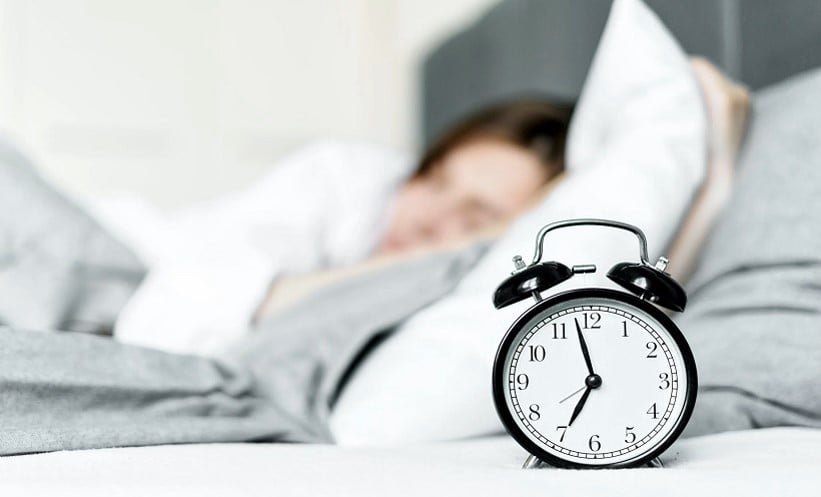SNORING and sleep apnoea were found to be linked with an increased risk of hypertension and coronary artery disease (CAD) in a Mendelian randomisation analysis, with this association driven partly by BMI. Jiao Wang, a co-author in this study from the School of Public Health, Sun Yat-sen University, China, confirmed, “BMI plays an essential role in the association of sleep apnoea with cardiovascular disease.” Conducting a two-sample, bidirectional analysis, the researchers assessed this relationship in a cohort of 523,366 participants, of whom 25,008 had a single nucleotide polymorphism associated with snoring. CVD outcomes included were hypertension, atrial fibrillation, CAD, stroke, and heart failure.
The current study showed that genetically predicted snoring was positively associated with risk of hypertension (odds ratio [OR]: 1.05; 95% confidence interval [CI]: 1.03–1.07; p=0.00008) and CAD (OR: 1.61; 1.26–2.07, p=0.00078). However, this was no longer significant after adjusting for BMI. In a similar way, genetically predicted sleep apnoea was associated with risk of hypertension (OR: 1.03; 95% CI: 1.02–1.05) and CAD (OR: 1.41; 95% CI: 1.19–1.67), but attenuated after adjusting for BMI. This investigation found both sleep apnoea and snoring not to be associated with risk of stroke, atrial fibrillation, or heart failure. Hypertension was associated with elevated risk for sleep apnoea (OR: 1.53; 95% CI: 1.04–2.25), but the authors did note the false discovery rate was greater than 0.05.
As the first bidirectional, Mendelian randomisation study to show the effects of snoring and sleep apnoea on multiple CVD outcomes, these findings carry significant weight. Wang explained their results: “Excessive arousals cause sympathetic activation and parasympathetic withdrawal, which may cause higher blood pressure and heart rate,” going on to describe how this can “exacerbate the systemic hypertension.” Finally, they highlighted that “intensive hypertension control may be beneficial for individuals with severe sleep apnoea.” Further study into this relationship is expected to build on the foundations of new evidence.








